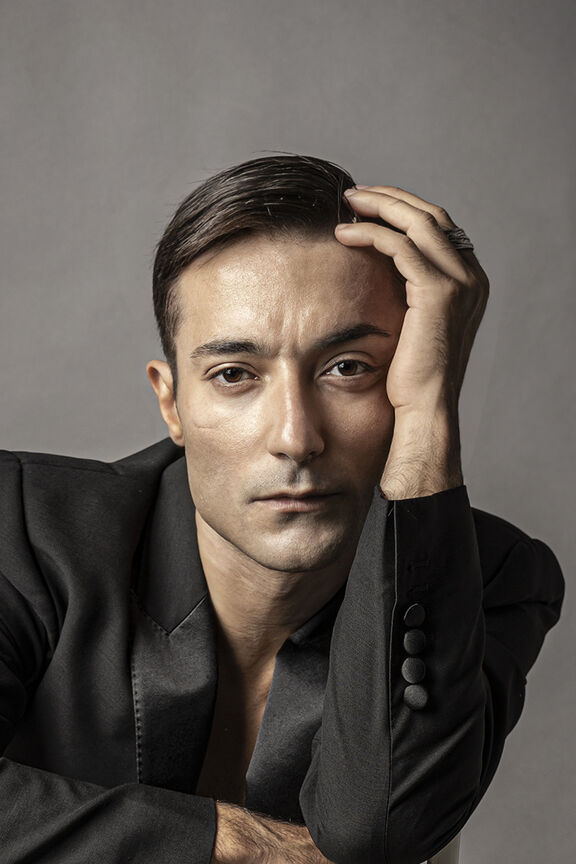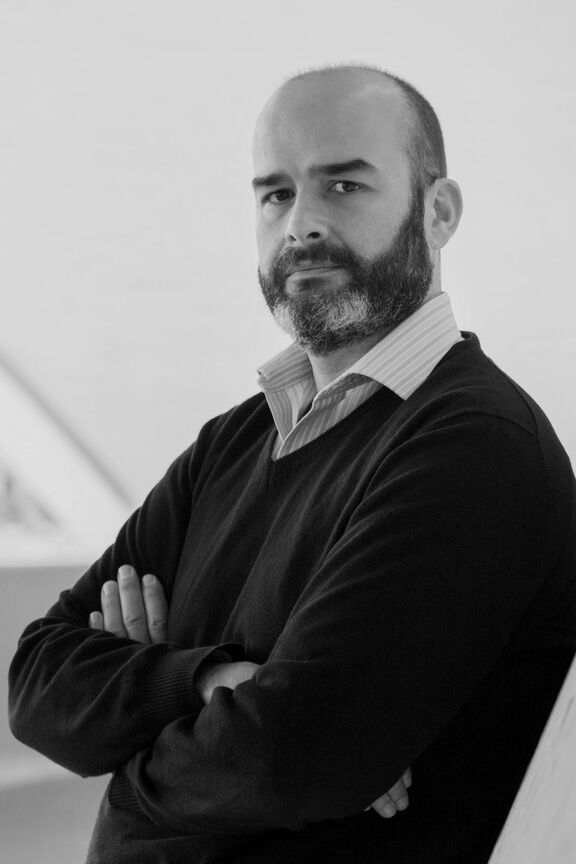Story, background information and fun facts about Giuseppe Verdi's opera "Aida"
In the summer of 2024, the time has come for the dramatic arias and triumphant trumpets from the opera "Aida" to resound at the Opera in the Quarry St. Margarethen. Giuseppe Verdi's world-famous melodies, the rustic flair of the quarry and a tragic love story combine to create a very special experience. Would you like to learn some background information about one of the most famous operas of the 19th century before your visit? Refresh your knowledge of "Aida" here!
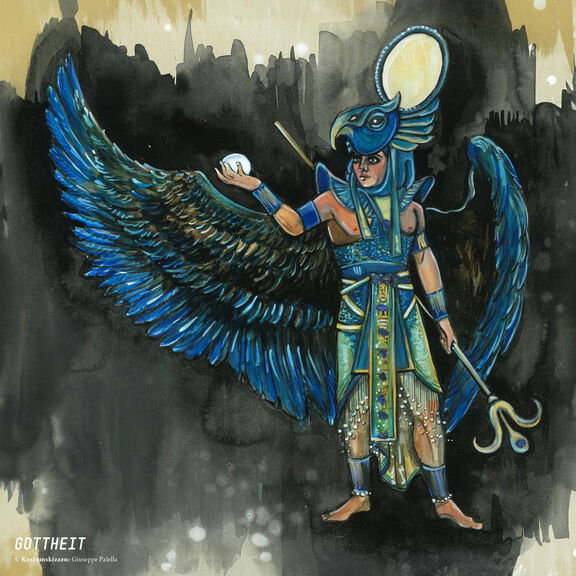
Who wrote "Aida"?
Giuseppe Verdi (1813-1901) famously wrote the music for "Aida",
but an opera also needs words. In the case of "Aida", the Italian
Antonio Ghislanzoni (1824-1893) was responsible for the libretto. However, the
plot is based on a draft by the French Egyptologist Auguste Mariette
(1821-1881), who wrote a love story set in the time of the pharaohs. Mariette
also provided the stage sets and costumes. He even undertook a six-month long trip
to Egypt to research historical models for his designs.
When, by whom and why was "Aida" commissioned?
"Aida" is not only set in Egypt, but was even written for Egypt in 1870. The premiere took place on December 24, 1871 in Cairo.
Egypt was then a province of the Ottoman Empire and under its viceroy, the "Khedive" was striving for autonomy. The then Khedive Ismail Pasha was educated in France, i.e. in a European way. This was also reflected in his efforts to modernize Egypt according to Western standards. Thus, under his reign, the Suez Canal was completed, a railway network was brought to life and Cairo was expanded by a district based on French models. At the Khedive‘s request, the newly built opera house and the Suez Canal were to be inaugurated with a specially composed opera by Giuseppe Verdi in 1869. Since Verdi declined several times, the opening was celebrated with a performance of "Rigoletto" instead. Finally, however, Verdi could be persuaded in 1870. Never before had a composer received a higher fee than Verdi did for "Aida": for the performance in Egypt alone he received 150,000 gold francs.
All the props were made in Paris and were then to be shipped to Cairo. However, the occupation of Paris during the Franco-Prussian War of 1870/71 delayed the export, which is why the premiere could only take place on Christmas Eve 1871.
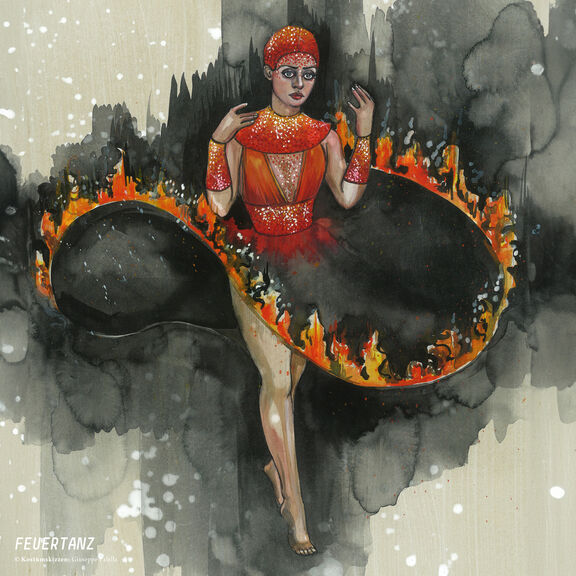
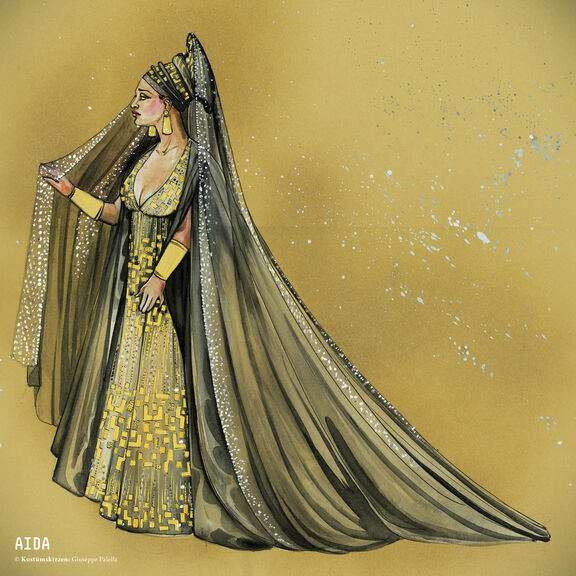
What is "Aida" about?
The opera is set in ancient Egypt during the time of the pharaohs and is told in four acts.
Aida is an "Ethiopian" princess whose country is at war with Egypt. Held hostage at the court of the Pharaoh, she met and fell in love with the Egyptian general Radamès. Radamès loves Aida sincerely and wants to take her back to her homeland. But the pharaoh's daughter, Amneris, also has her eye on Radamès and sees Aida as a rival.
Radamès is chosen to lead the Egyptian army in the war against "Ethiopia". Aida is torn between worry for her lover and loyalty to her country. When Radamès wins the battle, Aida is ordered to be present at the victory celebration. Among the "Ethiopian" prisoners is also Aida's father Amonasro. He, together with Radamès, asks for the release of his compatriots. The Pharaoh grants the requests, but Aida and her father are kept as hostages. As thanks for his role in the victorious battle, Radamès is to marry the Pharaoh's daughter Amneris.
On the eve of the wedding, Amneris prays to the goddess Isis in the temple. Aida is also waiting there for Radamès to see him one last time. Her father Amonasro appears. He persuades his daughter to coax the secret of a hidden path to "Ethiopia", over which the Egyptians plan to attack, from Radamès. Aida resists for a long time, but after her father's threat to banish her otherwise, she agrees. Radamès finds Aida and she asks him to flee with her. Radamès, unsuspecting, actually names a secret escape route. Amonasro steps out of his hiding place and Radamès is dismayed to realize that he has just betrayed his country. When Amneris and the priests exit the temple, he turns himself in. Aida manages to escape with her father.
The desperate Amneris has Radamès brought to her and implores him to forget Aida and instead be happy with her. But Radamès refuses. He is condemned to death by the priests for his betrayal in a cruel way: he is to be buried alive, walled up in a tomb. Amneris is distraught by this and curses the priests.
In his underground prison, Radamès hopes that Aida is safe. But she has already been waiting for Radamès: she had secretly crept into the tomb to die with her lover. United they bid their farewell to life, while Amneris prays for peace in the temple.
What are the most famous pieces of music from "Aida"?
"Aida" is one of the most famous works in opera history - even those who are not otherwise fans of opera have surely heard a piece from it at some point. We are of course talking about the famous "Triumphal March". The catchy melody has even found its way into various football stadiums and commercials. A little fun fact about the trumpet and fanfare sounds will follow later.
However, Verdi would not be Verdi if he had not also written some beautiful arias for the main characters of this opera.
Radamès, a young heroic tenor, reveals his secret love in "Celeste Aida" in the first act. This musical languishing – the role's entrance aria – demands a lot from its singer. In the recitative that precedes the actual love song, Radamès is characterized as a warrior. Blaring trumpets support his desire to celebrate triumphs as a military leader. Then the music switches as tender floating violin swirls announce a change of mood. Radamès explores his longing "Celeste Aida". As exuberant as his love are the broad tones that he lays over a fine tapestry of violins and woodwinds. Opinions differ however on the interpretation of final note of this aria: should Radamès deliver a heroic grand finale here or let the high B fade softly in anticipation of his own end? Verdi, at any rate, noted "morendo" – dying.
Aida indulges in melancholic memories in the third act. On the banks of the Nile she sings of her homesickness, which is why the aria "O patria mia" is also known as the "Nile aria". As a soprano, Aida soars to musical heights, accompanied by delicate orchestral sounds, especially the oboe.
A dramatic climax of the opera is the trial scene. Amneris learns of Radamès' conviction and is desperate. With the last note she utters a curse against the cruel priests. The following section features a menacingly advancing orchestra with almost screaming brass parts which seems to be a musical embodiment of her inner turmoil.
Giuseppe Verdi wanted to create a sound that would bring the foreign and long-forgotten world of ancient Egypt closer to a European audience. Ballet scenes are therefore stereotypically held in the "oriental" connotated "Alla turca" style of the 18th century and harp sounds are reminiscent of ancient instruments. At the beginning of the third act on the other hand, Verdi evokes an Egyptian summer night with music: chirping violins and flute tones imitate cicadas and birdsong.
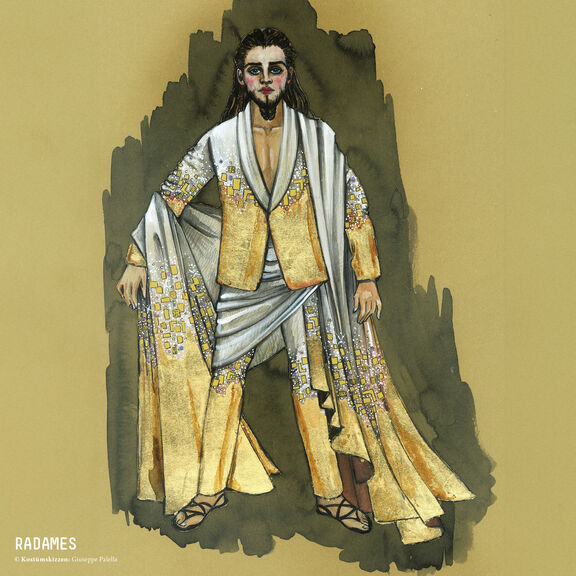
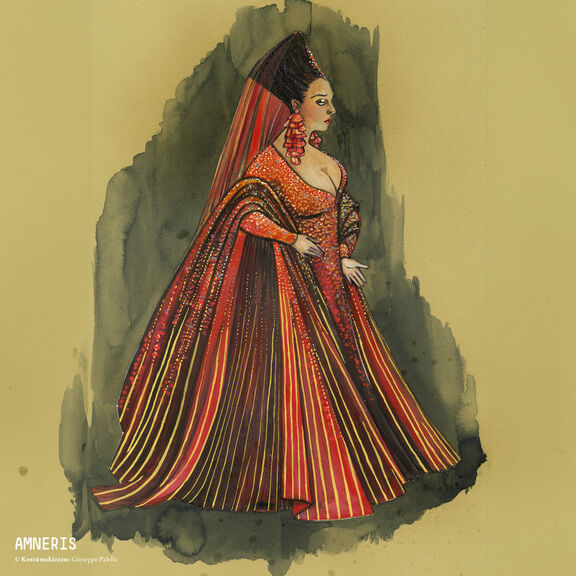
Three fun facts about "Aida"
The "Aida trumpet"
Finally, the promised fun fact about the "Triumphal March". For the premiere of "Aida", Verdi had special instruments built, which were made according to historical models, just like the costumes and the equipment. However, due to a lack of original instruments, only depictions on ancient Egyptian murals could serve as a reference point. Thus the so-called "Aida trumpets" were created, which were used in the famous "Triumphal March". They differ from conventional trumpets in their length and are visually similar to fanfares. Unlike fanfares, however, the "Aida trumpets" have valves, which is why more tones can be produced.
The Ethiopian who is actually from Nubia
In the synopsis above, "Ethiopia" was put in quotation marks. This is because the „Ethiopia“ in the opera is not equivalent the modern state of Ethiopia. The Egyptologist Auguste Mariette, in fact, adhered to the Greek designation for Nubia in his plot outline, an area further south of the Nile on the border with present-day Sudan. The Greeks called this country "Ethiopia". This also explains why Radamès knows a secret, unguarded path into a supposedly far-off hostile territory: Nubia, referred to as "Ethiopia", borders directly on Egypt. So Aida is actually Nubian.
Elton John's "Aida"
Inspired by Giuseppe Verdi's masterpiece, a musical of the same name written by Elton John premiered on Broadway in 2000. The story of the lovers is embedded in a frame narrative: in the Egypt exhibition of a museum, the statue of the pharaoh Amneris comes to life and tells of the tragic fate of Aida. In this musical, Aida's homeland is actually called Nubia.
A feast for the eyes and ears
The renowned opera "Aida" by Giuseppe Verdi will grace the stage of the Opera in the Quarry in St. Margarethen, Austria, in 2024, promising an unforgettable spectacle of music, drama, and visual artistry. Under the direction of the critically acclaimed Thaddeus Strassberger, who also helmed the celebrated "Turandot" in 2021 at the very same place, „Aida“ will transport audiences to the captivating world of ancient Egypt.
Strassberger's masterful vision will be complemented by the breathtaking set designs of Giuseppe Palella, whose intricate creations left a lasting impression on "Turandot" audiences. The costumes, meticulously crafted by Palella, will further immerse the audience in the grandeur and opulence of the pharaonic era.
Adding to the theatrical experience will be the dynamic live action direction of Ran Arthur Braun, ensuring that every moment oft he performance is infused with captivating energy. Driscoll Otto's masterful lighting design will illuminate the stage, while the elaborate video productions of Media Apparat will transport the audience to the heart of ancient Egypt.
The musical brilliance of "Aida" will be brought to life under the baton of Iván López-Reynoso, a renowned conductor. He will be joined by the esteemed Walter Zeh as chorus master and Volker Werner as sound engineer, ensuring an impeccable auditory experience.
With a stellar team of creative talents behind it, the 2024 production of "Aida" at the Steinbruch Opera promises to be a feast for all senses. The opera's timeless tale of love, betrayal and sacrifice will unfold amidst breathtaking visuals and stirring music, leaving an indelible mark on the hearts and minds of all who witness it.









